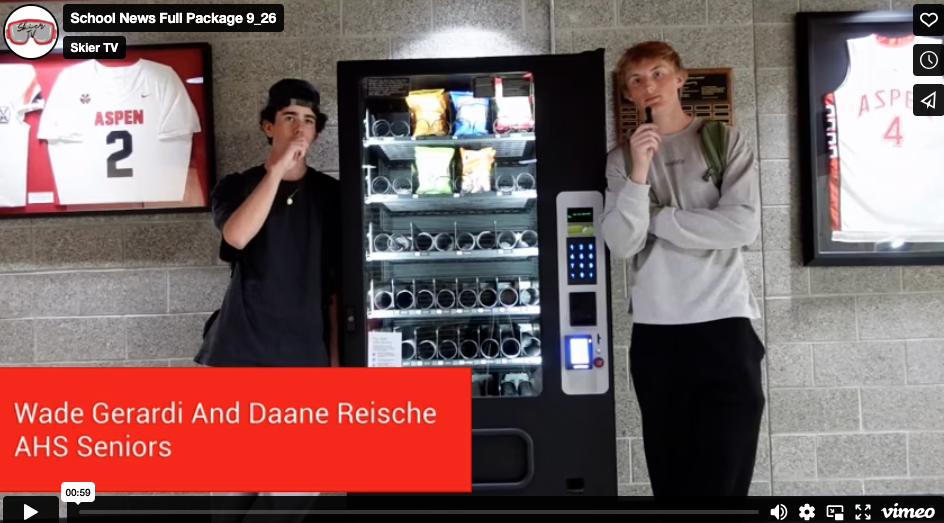The Life of Pablo: The Decline of Kanye West
Not too long ago Kanye West was the very embodiment of cool. Before marrying Kim Kardashian and becoming a pervasive presence on the reality show The Kardashians, it was an indisputable fact that Kanye was possibly the most transcendent and inventive producer/rapper of the early 2000s.
Since his breakout album The College Dropout, Kanye has become a ubiquitous presence in tabloid media not only for his music, but for his arrogant rants describing himself as “the Andy Warhol of this generation” or for allegedly physically harming paparazzi. And up until last week, Kanye’s controversial behavior had always been cushioned by his artistic genius, but many critics and fans are speculating whether his megalomania had gotten the best of him just before his most recent release, The Life Of Pablo, possibly the most anticipated album of the year.
The title track of the album, “Ultralight Beam” featuring Chance the Rapper is the crown jewel of the record. It’s one of three songs in which Kanye makes an viable effort to create meaning other than boasting his wealth or new-found love for his wife. Kanye demonstrates his astute ear for samples, but in this song he fails to transcend his production with lyrics. Kanye presents himself as the conductor of a down tempo orchestra fusing synth and auto tune, complemented by a dynamic verse from his musical contemporary, Chance the Rapper. The track, produced by legendary producer and co-president of Columbia Records, Rick Rubin, is a testament to Kanye’s ability to surround himself with the best ears in the music industry.
The album is redeemed by “No More Parties In L.A.” featuring Kendrick Lamar. Once again, Kanye has a knack for showcasing the best possible talent in the industry. Fortunately, Kendrick doesn’t actually mention Kanye in his verse, but uses this track to comment on the emptiness of the party scene in L.A. Kanye and Kendrick rap side by side in this track and the effect is almost electric. It’s a reminder of the younger, talented Kanye who was a virtuoso rapper before he became so obsessed with his own public image.
In the brief acapella track “I Love Kanye”, Kanye makes his ego the sole subject of his song. In some ways, this odd, self referential tirade is his attempt to apologize for his volatile behavior and his overpowering desire to constantly reinforce his celebrity presence in the media. Instead, the track only confirms Kanye’s overriding narcissism that plagues all of his new music. He chants his name over and over again. “I miss that old Kanye. I hate that negative Kanye.” The rhyme scheme revolves exclusively around the repetition of his name. It gets pretty tiresome.
Kanye released The Life of Pablo in a unique way. He gave exclusive access to the album on the obscure music streaming website Tidal, rather than taking the orthodox path and releasing it on itunes. Just last week, Kanye announced he was in debt around 50 million dollars because the album wasn’t generating enough revenue. Probably has something to do with the fact that the album has only been released on Tidal. The album was illegally downloaded by half a million people the day after release. Kanye infuriated fans by claiming the album will never be on sale through Apple. He is so focused on marketing his music in an original way that it he has lost touch with his ultimate goal–to get his music out to the audience that wants it most. “I miss that old Kanye,” Kanye sings in I Love Kanye. We miss him, too.

Sam Kahn is a Senior at AHS and a fourth-year staff member of the Skier Scribbler. In his free time, Sam enjoys playing basketball, soccer, baseball, and...






























